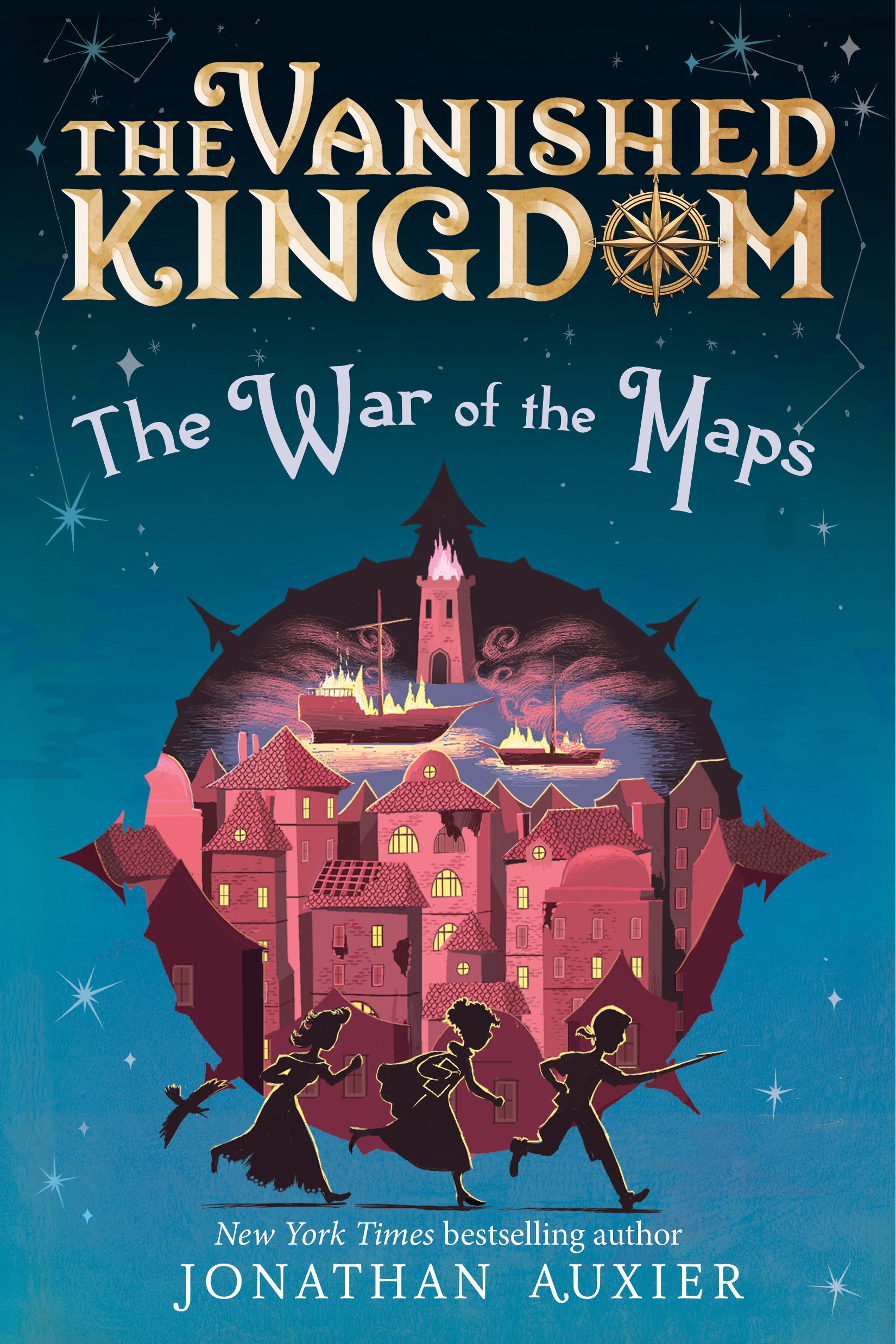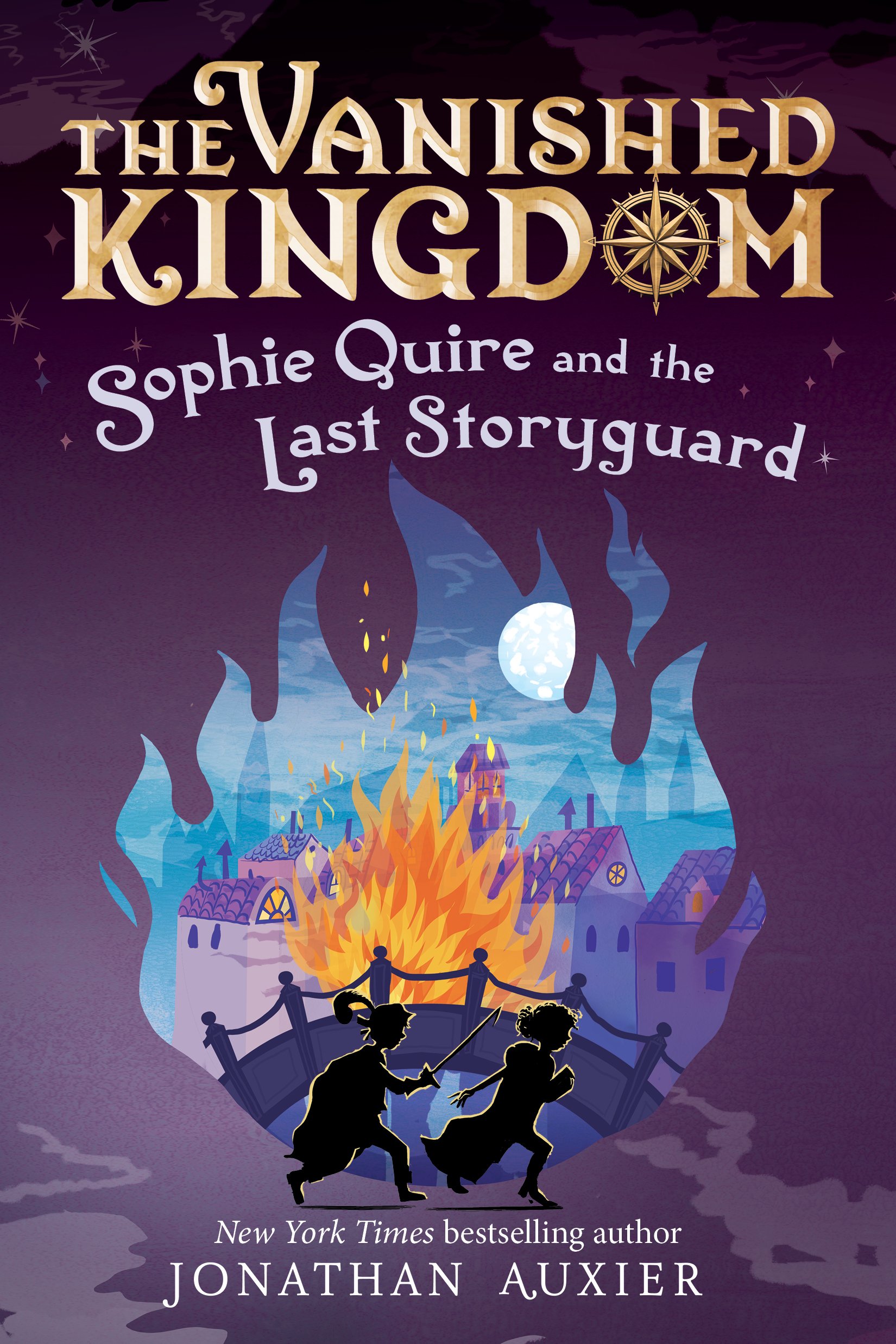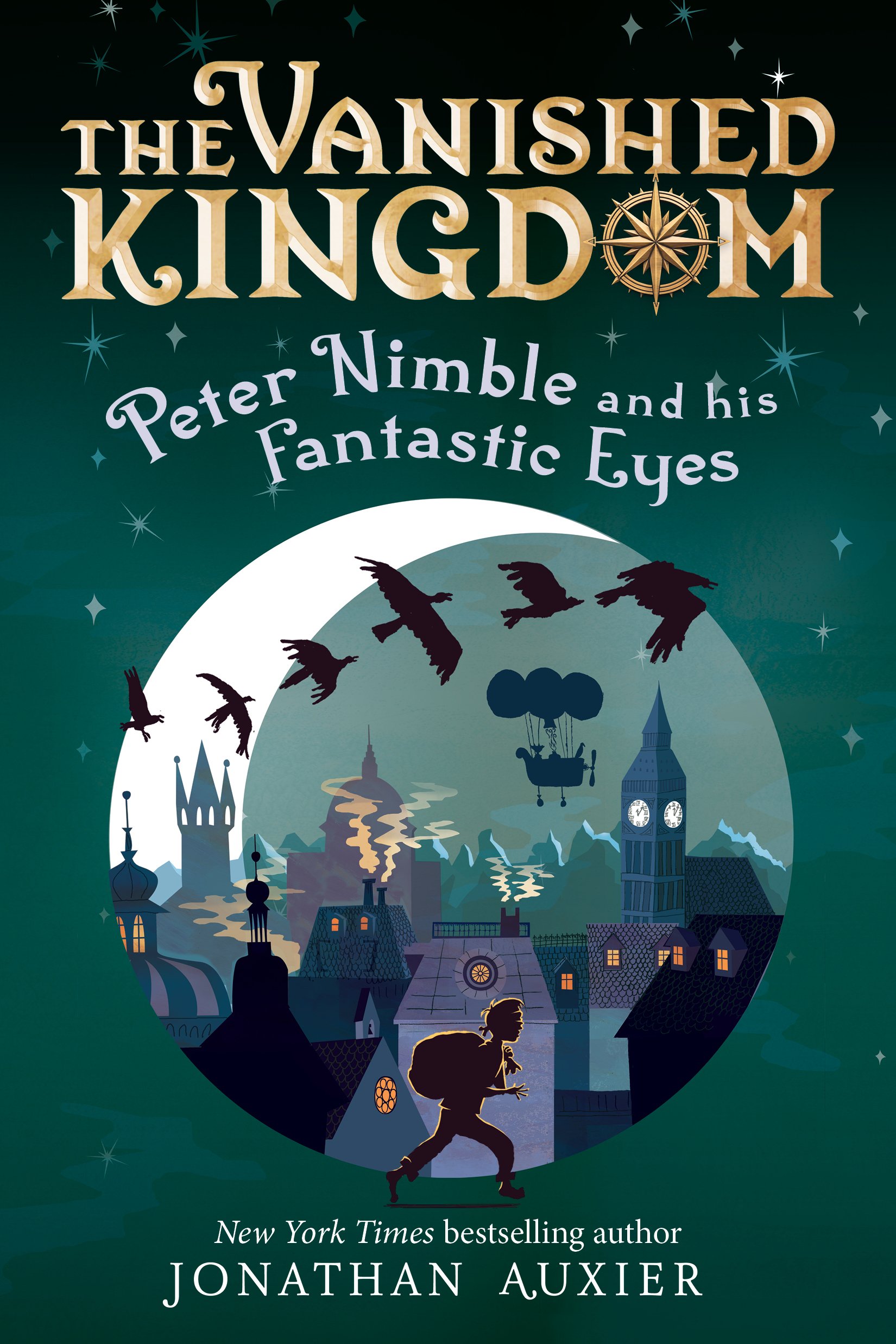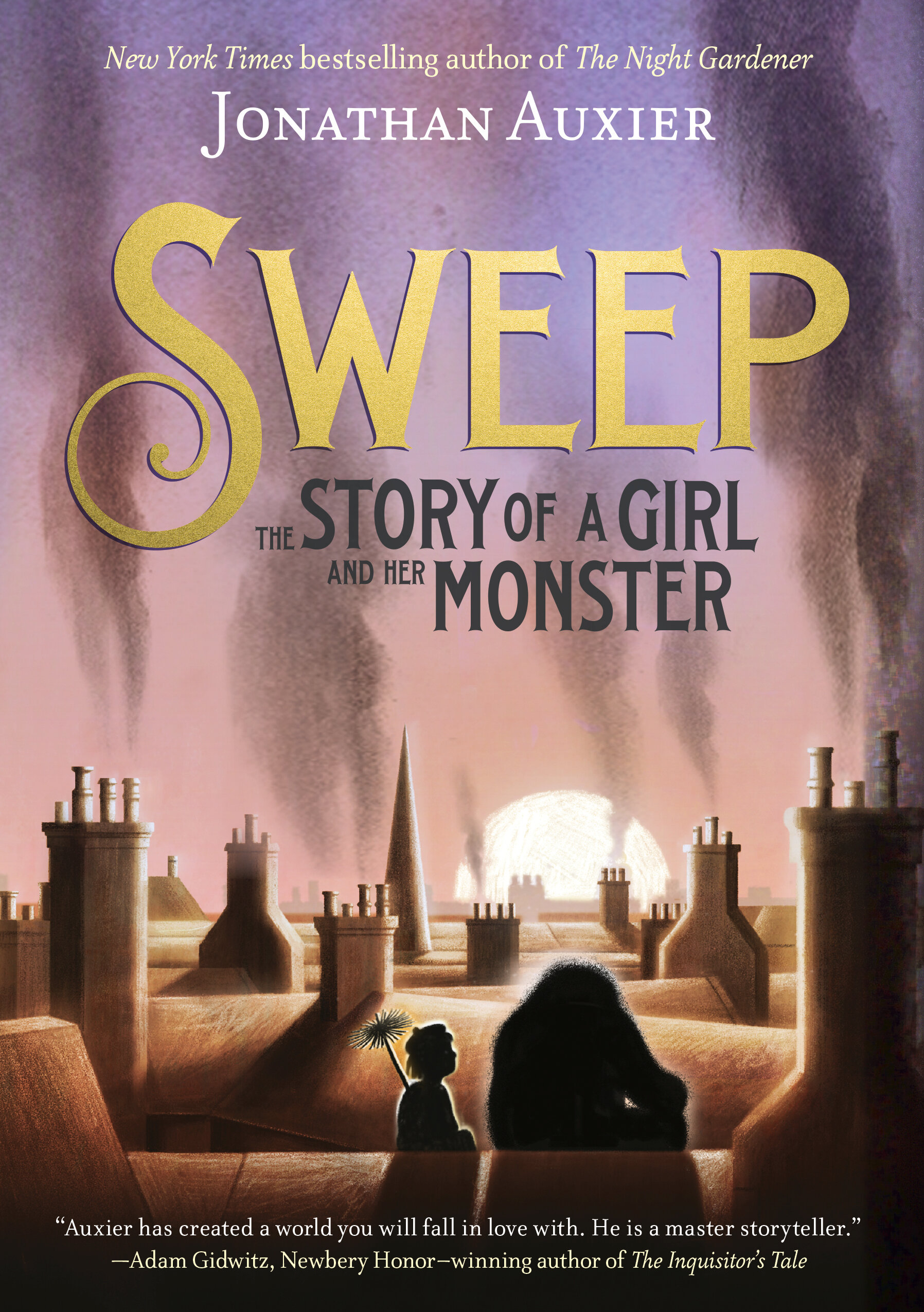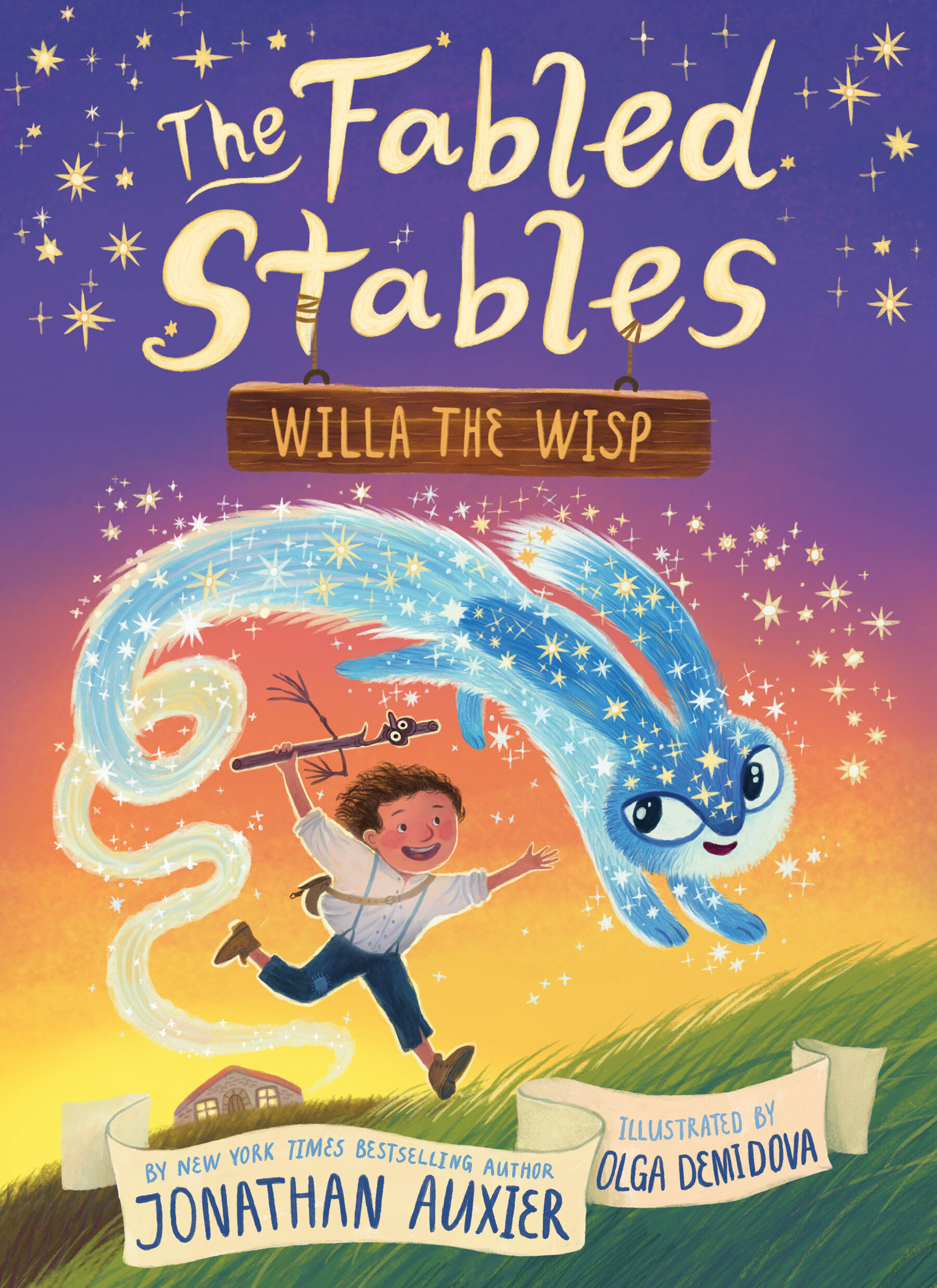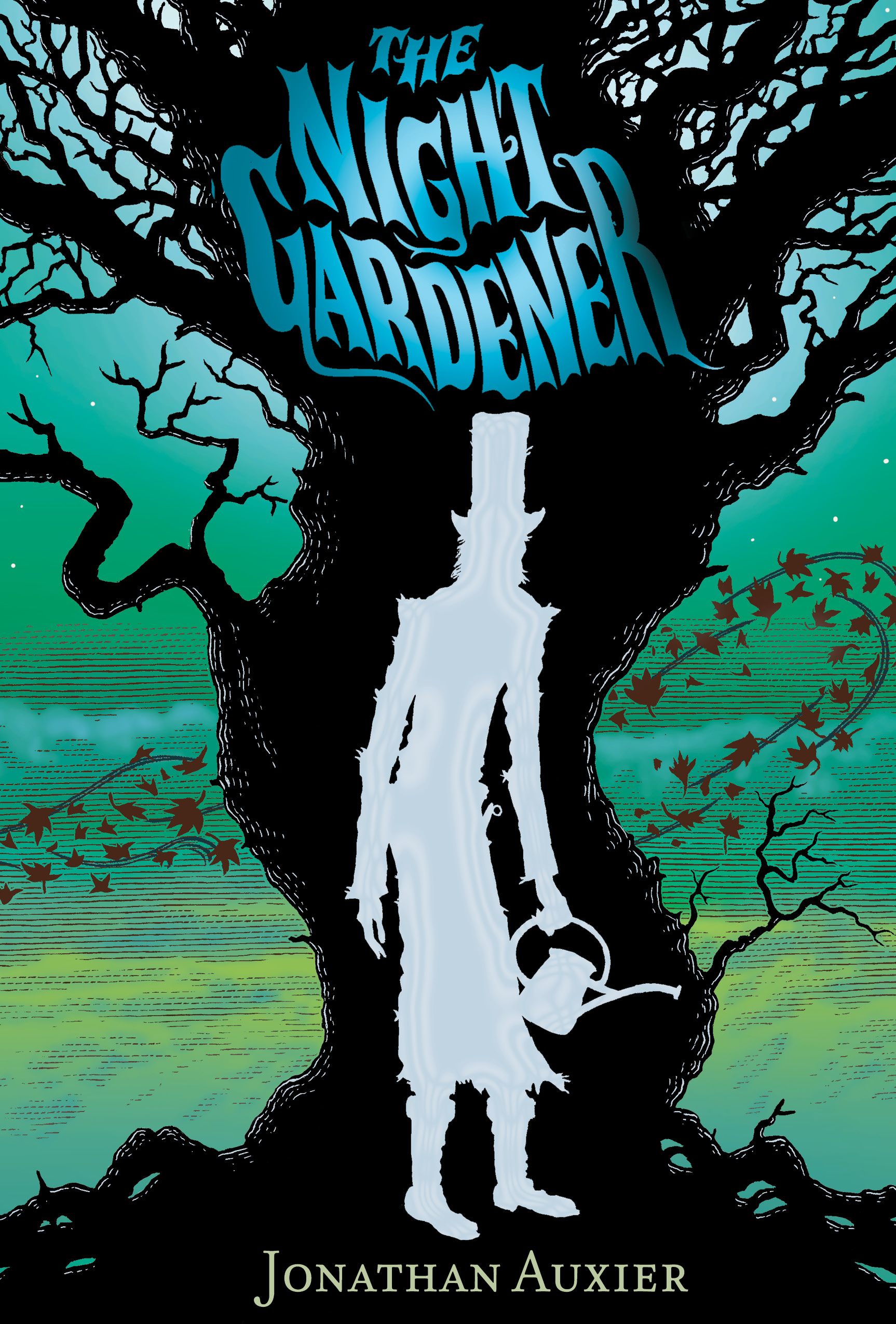Mightier than the Sword ...
/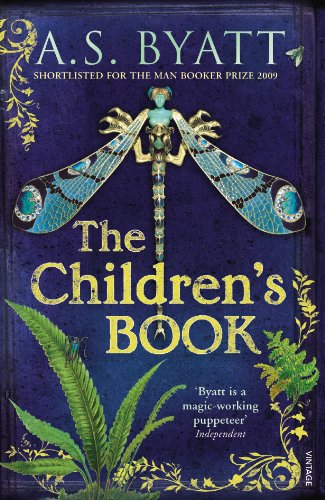
I've just finished reading AS Byatt's The Children's Book, which is not a book for children. It is a sprawling, virtuosic chronicle about idealistic artists at the turn of the 20th century. The "main" character is based on real-life children's author E Nesbit (named Olive Wellwood) and the book primarily concerns itself with Olive and her family. I'm a big Nesbit fan, so this book was fascinating.
*SPOILERS*
The thing that most struck me in the book was the fate of Olive's oldest and most beloved son, Tom. Tom is beautiful and smart and kind and innocent: he is presented as a character from a book caught in a harsh world. The novel shows Tom's tragic decline as the victim of betrayal: abuse, cruelty, deception, parental infidelity, and (implied) addiction. But none of these are what kills Tom. Instead, it is his mother's writing that drives him to suicide at the end of the book. Since he was a small child, Tom's mother has been writing him a special storybook ("Tom Underground") that was written just for him. As Tom grows up and becomes more and more troubled, these stories serve as a sort of life-line for him. But then his mother mines these private childhood stories in order to create a beautiful and successful stage play. Tom only discovers this on opening night, when he's watching from the audience. Shortly after, he drowns himself.
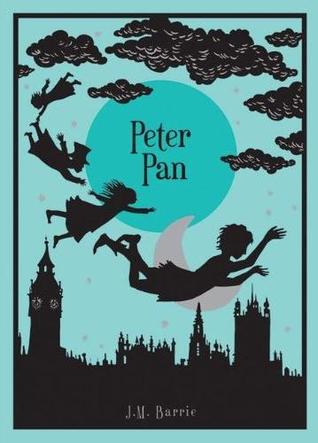 The book has many disturbing elements, but this was the most disturbing by far: that the selfishness of Olive Wellwood in her writing harmed her son more than anything else. This mirrors a real-life tradition of authors publishing private stories originally created for/with children: Christopher Robin, Alice Liddell, the Davies Boys, etc. None of those children fared well in adulthood. I've never quite understood the nature of such trauma. Like many others, I have always assumed that there must be some other explanation for why the children grew up to be bitter and miserable. (There is no shortage of speculation about abuse.) But Byatt argues in The Children's Book that commodifying and publicizing the private worlds of a child's imagination is trauma enough.
The book has many disturbing elements, but this was the most disturbing by far: that the selfishness of Olive Wellwood in her writing harmed her son more than anything else. This mirrors a real-life tradition of authors publishing private stories originally created for/with children: Christopher Robin, Alice Liddell, the Davies Boys, etc. None of those children fared well in adulthood. I've never quite understood the nature of such trauma. Like many others, I have always assumed that there must be some other explanation for why the children grew up to be bitter and miserable. (There is no shortage of speculation about abuse.) But Byatt argues in The Children's Book that commodifying and publicizing the private worlds of a child's imagination is trauma enough.
 Byatt forces readers to ask if the cost is too high. Yes, we have Winnie the Pooh, Alice in Wonderland, and Peter Pan, but those masterworks came at the expense of real people's happiness. I consider myself a loving father and husband, and I certainly do no conscious harm to my children. But I have always been unapologetic about using details from real life in my books--it's all fair game if it serves the story. Byatt's novel made me reconsider this long-held stance, which is no small thing.
Byatt forces readers to ask if the cost is too high. Yes, we have Winnie the Pooh, Alice in Wonderland, and Peter Pan, but those masterworks came at the expense of real people's happiness. I consider myself a loving father and husband, and I certainly do no conscious harm to my children. But I have always been unapologetic about using details from real life in my books--it's all fair game if it serves the story. Byatt's novel made me reconsider this long-held stance, which is no small thing.


